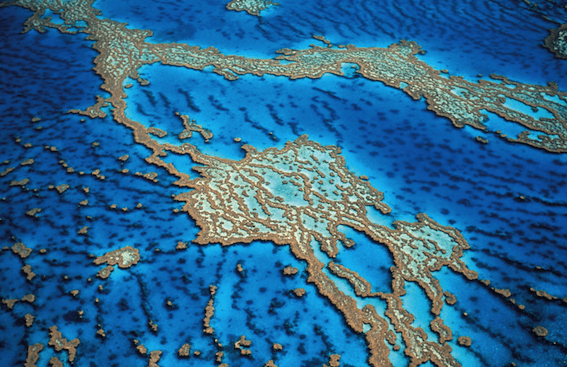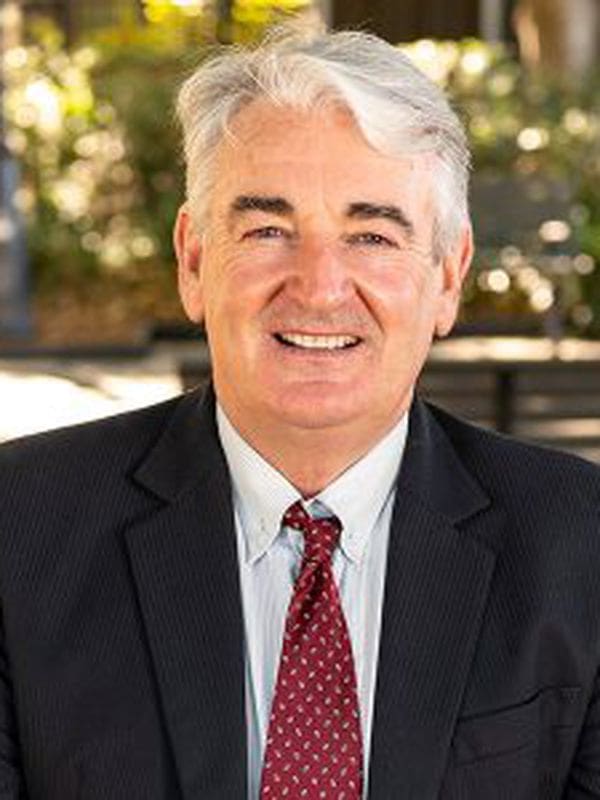This is the third of a series of articles AgCarbon Central is profiling producers undertaking carbon and other environmental projects. Today’s article is on Queensland Wagyu producer Michael Dempsey, who has an avoided clearing project on his property in the North Burnett region.
WHILE Michael Dempsey’s project is only small scale, it generates high value carbon credits with his property Strathmore laying in the catchment of the Burnett River – which is known as a Great Barrier Reef catchment.
The project has been set up to compliment the existing cattle business, where he runs about 500 Wagyu breeders across 2000ha.
He said the reef catchment was what attracted Greencollar to set up the project. His last lot of Australian Carbon Credit Units made $40/credit, which is about $10 more than the average market price.
“They call it ‘high value reef catchment’, which why the company thinks it is such a good little project,” he said.
The project is signed up for Australian Carbon Credit Units, with the positive impact on land in the reef catchment being a co-benefit to the project and ultimately selling the credits for a premium. The state government has a crediting system for improving water quality in reef catchments – which is separate to this project.
Mr Dempsey said he was introduced to the possibility of a carbon project by the former owner of the property.
“The past owners were timber cutters, they cleared a lot of trees – so having a bit of regrowth didn’t worry me too much,” he said.
“Then I had someone show up to my office holding a big plastic container filled with all these diaries and it turns out the previous owner had entered into a project with Greencollar down at Proston and told them my place would also be eligible.”
Under the avoided clearing carbon farming methodology, project holders need to prove that land had been routinely cleared over generations and commit to not clearing for another 25 years. In Mr Dempsey’s case, the previous owner had alerted him to the records that had been kept over the years.
“I trusted his judgement and went along with the carbon aggregators, they did all the carbon truthing, mapping and worked out how much carbon the place could draw down,” he said.
“It was the best of both worlds because the country was so open and a few more trees were just going to give the cows more shade. I didn’t want to go from one extreme to the other and I think we found a good in-between after they convinced me the grass will still grow between the trees and there hasn’t been any reduction in carrying capacity.
“It wouldn’t suit everyone, but it suited me. I need to lock it up for 25 years, but you can still clear your lantana or any other noxious weeds or thin it out regrowth if it is too thick.”
Carbon provides passive income for farm investment
Mr Dempsey said the main work he needed to do for the carbon project was managing the land to promote growth of trees and reporting back to the company.
“I basically have to maintain any fire tracks and let them know if I am doing a burn or activities like that,”
“They get in touch every quarter to see what I am doing. They also look for evidence of wildlife coming back and if there are any new birds or other wildlife they show a lot of interest.”
Mr Dempsey has already received $300,000 pay from the project, which he said he was able to invest back into the business.
“We have been able to put in solar bores and extra dams, which gives us more water assurity and helps with the carrying capacity and managing seasonal changes,” he said.
“On our four blocks we have been able to put in more fences, which allows us to spell and manage the landscape a bit better.
“We didn’t have to destock through this last drought, our weaners were smaller but we came through and that extra income really helped through that period.”
The project was profiled by Greencollar, which motivated a film crew from German state-owned television network DW to make the trip to the southern hemisphere to do its own profile.
More carbon cases
- Carbon case: with great numbers of soil carbon credits comes great responsibility
- Carbon case: getting the most out of carbon through sustained management


